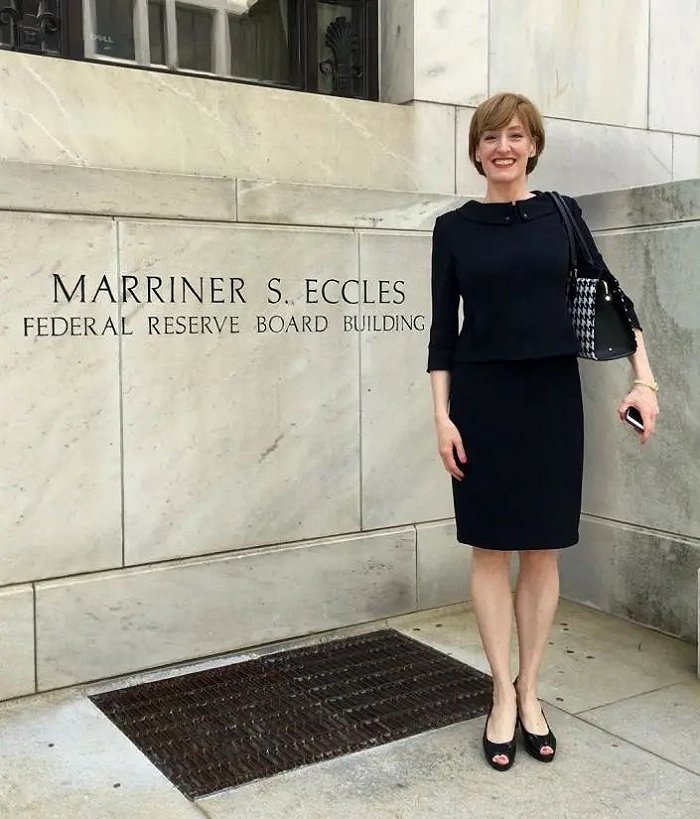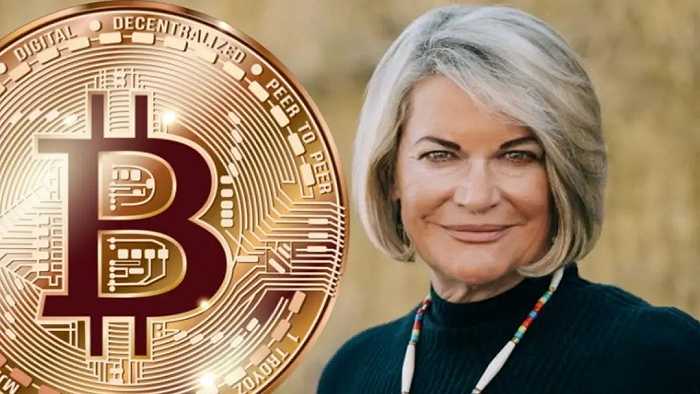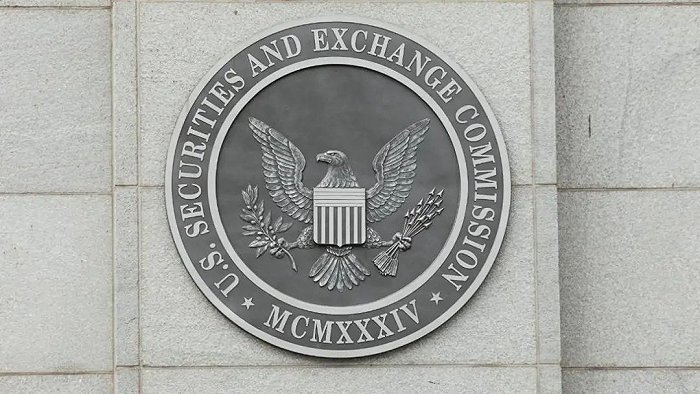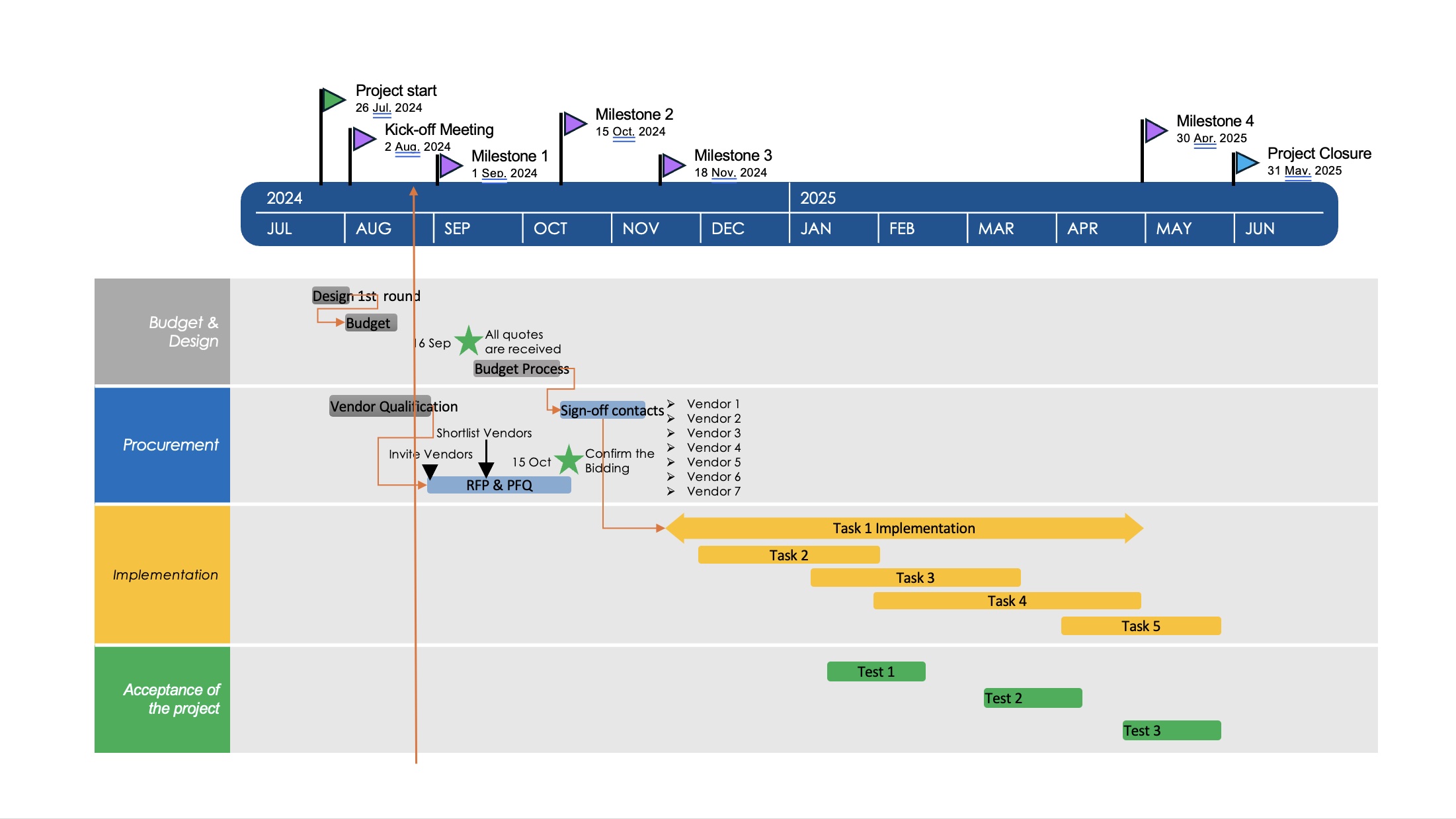Right now, the most popular concept in the Internet world and investment circles is probably Web 3.0, and many people have already regarded it as the next Internet era.
But quite a few people don’t know what it is. To explain it, we have to start with the previous two eras.
In the era of Web 1.0, information is mainly shared on the website in a read-only manner, such as the three major portal websites of the year—Sohu, Sina, and Netease. They provide information and we just look at it.
Later, in the era of Web 2.0, we can not only absorb information unilaterally but also interact with the platform or other users. During this period, a large number of Internet companies emerged, such as Facebook, Amazon, Tencent, Ali, and so on.
However, the rise of giants will bring new problems, that is, privacy and security. Centralized giants are almost firmly in control of our lives, and individuals have little power to fight back. The Facebook privacy breach that year was a typical example.
Tim Berners-Lee, the father of the World Wide Web, expressed disappointment in an interview: “The spirit of the Internet should be decentralized, but some companies have regarded the Internet as a monopoly.”
Therefore, people hope that in the Web 3.0 era, there will be a decentralized system that allows us to interact point-to-point without third-party supervision.
“Decentralized, peer-to-peer”, seeing this, many people naturally think of the blockchain.
The term Web 3.0 was coined in 2014 by Ethereum co-founder Gavin Wood.
As more and more blockchain projects emerge, more and more people believe that the decentralized network of blockchain will open the Web 3.0 era, and its importance is similar to that of 5G and AI.
Some U.S. lawmakers have claimed that Web 3.0 must be guaranteed to happen in the United States.
Looking around, at present in the United States, the development trend of Web 3.0 is different in each state. Surprisingly, there is a state that is usually quite low-key, but this time it is at the forefront of Web 3.0, which is particularly eye-catching.
It is Wyoming.
01. Wyoming, City of Web 3.0
Located in the northern part of the United States, Wyoming is the least populous state in the United States with a population of less than 1 million.
Although the mining and tourism industries are developed there, there is generally no strong driving force for economic development, unlike Silicon Valley, where California has high-tech gatherings, and Wall Street, where capital is gathering in New York State.
Among the more than 50 states in the United States, Wyoming’s economy ranks 50th.

For a long time, Wyoming has not had much to do with high technology and finance. However, on Web 3.0 led by the blockchain, its development momentum has been quite violent in recent years.
For example, as of last June, there were 48 LLCs or corporations registered in Wyoming with bitcoin in their name. By comparison, California has 31 and neighboring Montana has just four.
What is even more imaginative is that Wyoming took the lead in taking a step forward on DAO in the second half of last year.
First, explain what is DAO. Its full name is “Decentralized Autonomous Organization” (Decentralized Autonomous Organization), which is a blockchain-based organizational form that can operate autonomously through open and fair rules without the intervention of a third party.
Various DAOs form the decentralized system in the Web 3.0 era, and their importance can be seen. The Financial Times once published an article stating that DAO is expected to become the biggest wealth-creating hotspot in 2022.
As early as July last year, Wyoming took the lead in passing legislation in the United States, recognizing that DAO is legally equivalent to LLC (limited liability company).
This operation is especially important. Because without the legislative safeguards of a corporate nature, a DAO could be considered a general partnership. Once there is a problem in the enterprise, only some members will take responsibility, not all of them.
This loses the meaning of DAO itself as a distributed organization.
In fact, in the author’s opinion, it is not surprising that Wyoming can innovate in DAO legislation. Because of its organizational innovation, it has always been at the forefront.
For example, Wyoming passed the nation’s first LLC statute in 1977. As of 2018, almost every two residents in Wyoming own a business.
After it legislated DAO last year, it quickly attracted a large number of organizations.
For example, CryptoFed DAO was recognized by the State of Wyoming as the world’s first DAO limited liability company, and at the same time obtained a statutory operating license.
CryptoFed DAO responded to this by saying:
“Wyoming is the leading digital asset jurisdiction in the United States. Now with DAO laws, Wyoming is arguably the largest blockchain jurisdiction in the world. This means that creating a real digital currency accepted by the public, Now it is possible.”
In February of this year, the decentralized blockchain project ELYSIA became the first Asian blockchain project registered as a DAO legal person in Wyoming, and also the second DAO limited liability company in the world to be recognized by Wyoming.
Among these numerous DAO organizations, the author is particularly concerned about the CityDAO project.
Scott, one of the co-founders of the Internet parking project AirGarage, announced the start of a project called CityDAO, a day after Wyoming announced that DAOs are legally equivalent to LLCs.
The project wants to “build a future city on Ethereum by tokenizing land, ownership, and governance.”
Currently, CityDAO has 10,000 members and raised $7 million through the sale of NFT. Among the members are Coinbase founder Brian Armstrong and Ethereum founder Vitalik Buterin.
Of course, CityDAO has no formal leader, and members use the chat app Discord to organize themselves. Every decision must be voted on.
Last September, CityDAO purchased a 40-acre piece of land in Wyoming by collective decision. The land is now marked on Google Maps and can be viewed by anyone.
In short, more and more blockchain projects are flocking to Wyoming, which is already a hot spot for Web 3.0.
02. It’s not a day’s work: Wyoming and the past of the blockchain
Wyoming is today at the forefront of Web 3.0, not overnight.
The middle process is inseparable from the efforts of two people:
Caitlin Long and Cynthia Lummis.
In 2017, Caitlin Long, the former managing director of Morgan Stanley, was going to donate some bitcoins to her alma mater, the University of Wyoming. As a result, the University of Wyoming does not accept bitcoin donations.

Caitlin Long
Long found that the non-acceptance of bitcoin should not be a problem specific to the university, but to do with the state’s restrictive money transfer laws.
Soon, Long was using his resources to change the rules of various cryptocurrencies in Wyoming. Within a year, the state legislature had created a blockchain task force.
Long later left Wall Street to join the Wyoming Blockchain Task Force in 2018 and became the founder of the Wyoming Blockchain Council.
There, she worked with the legislature on more than a dozen new laws related to blockchain and digital assets.
Along the way, the legislature holds hearings on each new law. When legislators walked into the room, they saw the eager faces of many young people, some even driving more than eight hours to get there, hoping that laws and regulations would be enacted sooner rather than later.
It can be seen that there is a strong demand for the legalization of blockchain projects in the market.
Beginning in 2019, Wyoming has been using laws to “green light” the blockchain at an increasingly faster pace and with greater intensity.
For example, in January 2019, a bill was passed allowing cryptocurrencies to be considered money. The bill divides crypto assets into three categories:
Digital consumer assets, digital securities, and virtual currencies.
And, all three categories are defined as intangible personal assets. At the same time, virtual currencies are treated the same as legal tender.
In February 2019, Wyoming legislated and decided that blockchain tokens could be used instead of stock certificates, confirming that digital currencies belong to the property and are protected by law.
In 2020, the Wyoming State Banking Commission granted cryptocurrency exchange Kraken a license, allowing it to operate as a cryptocurrency-friendly bank.
Caitlin Long is also in Wyoming, where she established the nation’s first cryptocurrency-native bank. The name of the bank is “Avanti” in Italian, which means “advance”, implying that the blockchain process in Wyoming is constantly advancing.

In 2020, Caitlin Long tweeted that Bitcoin advocate Cynthia Lummis had won a U.S. Senate seat in Wyoming.
Cynthia Lummis, like Caitlin Long, is one of the hottest evangelists in the encryption world, and they are all contributing to the Web 3.0 causes in Wyoming.
Last year, Cynthia Lummis tweeted, graciously inviting bitcoin miners to work in Wyoming:
If you are in the field of bitcoin mining, please contact us, we want you.

Cynthia Lummis is still reassuring some. For example, to the statement that “mining will destroy Wyoming’s oil and mineral resources”, she responded, “Don’t think of Bitcoin mining as an energy bad guy. Many things prove it is not the case.” She cited Cambridge University research to support her Myth: About 40% of Bitcoin mining uses renewable energy.

Cynthia Lummis
Many practitioners in the blockchain field appreciate Cynthia Lummis. “Cynthia is persistent, she’s committed,” said Kara Calvert, head of policy at cryptocurrency giant Coinbase. “She’s a big advocate for bitcoin,” said Marco Santori, Kraken’s chief legal officer.
Recently, Cynthia Lummis is still vigorously raising the flag for the blockchain. For example, she advocates:
The Fed should have Bitcoin on its balance sheet.
03. Challenge: Divided pressure from the federal government
It seems that Wyoming’s Web 3.0 business is booming and going well.
But it’s not without its challenges.
The biggest obstacle comes from the contradiction between the US federal government and local states.
Currently, states have full freedom to regulate business activities within their jurisdictions due to the specific power regime in the United States.
Within its jurisdiction, Wyoming can develop Web 3.0 to the greatest extent, with a high degree of freedom.
However, only activities in one’s state will not able to achieve great things after all. Once external, when it comes to the interaction between states and the federal government, there will be many differences, which will hinder the process.
For example, when the Wyoming-based Crypto Fed DAO attempted to register its crypto tokens as securities last November, the SEC blocked the activity because:
It provided “misleading information” to potential investors.
In addition, the SEC also believes that the securities registration application submitted by Crypto Fed DAO did not contain necessary information about tokens and its own business, management, and finance.
It can be seen that there is a contradiction between “central and local” in the supervision of DAO in the United States. Even if the organization is legally confirmed in the state, the central financial regulatory agency is still not recognized, which hinders it from going to the wider world.

Currently, three main US federal government agencies are skeptical of Web 3.0:
Federal Reserve (FED), Commodity Futures Trading Commission (CFTC), and Securities and Exchange Commission (SEC).
For example, the CFTC still regards Bitcoin and Ethereum as commodities rather than financial assets; the FED remains cautious about stablecoins and has not yet expressed its position on digital assets and their underlying technologies; the Multi-jurisdictional approach, without unified management.
In short, in the current U.S. federal government, the three major financial institutions are skeptical of blockchain and digital currency. For Wyoming to develop Web 3.0, this is the biggest obstacle.
Of course, judging from the current situation of the states in the United States, Wyoming is still a well-deserved city of Web 3.0, and there is a lot of room for development in the future. As for the regulatory contradictions between the central and local states on the blockchain, I believe there will be a period of running-in time, which should not be too long.
At that time, the Web 3.0 power accumulated in Wyoming will achieve a greater explosion.



I always learn something new from The posts. Thank you for the education!
You navigate through topics with such grace, it’s like watching a dance. Care to teach me a few steps?
Making hard to understand topics accessible is a gift, and you have it. Thanks for sharing it with us.
Making hard to understand topics accessible is a gift, and you have it. Thanks for sharing it with us.
This is one of the most comprehensive articles I’ve read on this topic. Kudos!
This post was a breath of fresh air, like a surprise message that brightens The day. Thank you for the lift.
The post added a new layer to my understanding of the subject. Thanks for sharing The knowledge.
The passion you pour into The posts is like a flame, igniting curiosity and warming the soul.